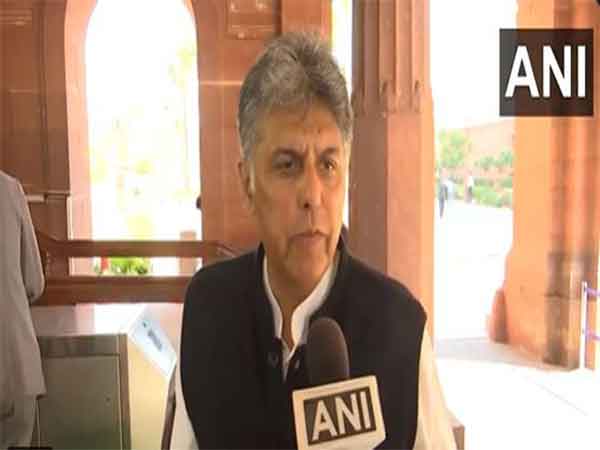
The World Bank said it approved three operations in Nigeria, totaling $1.08 billion in concessional financing, to enhance education quality, build household and community resilience, and improve nutrition for underserved groups. The value includes $500 million in additional financing for the Nigeria Community Action for Resilience and Economic Stimulus (NG-CARES) Programme, $80 million for Accelerating Nutrition Results in Nigeria (ANRIN 2.
0) and $500 million for Hope for Quality Basic Education for All (HOPE-EDU). The NG-CARES Programme will support the Nigerian government in expanding access to livelihood support, food security services and grants for poor and vulnerable households and communities, the World Bank said in a press statement. The financing for ANRIN, it stated, would increase the utilisation of quality and cost-effective nutrition services for pregnant women and lactating mothers, adolescent girls and children under five in select areas.

According to the bank, the new financing for HOPE-EDU will focus on improving foundational learning, access to basic education, and strengthening education systems in the participating states. Initially designed to respond to the COVID-19 pandemic, the NG-CARES Program-for-Results (PforR) operation, which has reached over 15 million direct beneficiaries, has evolved into a shock-responsive platform providing multi-sectoral interventions for the poor and vulnerable, it said. Implemented at the subnational level across all 36 states and the Federal Capital Territory, the programme stimulates the local economy through social transfers, labour-intensive public works, livelihood grants, basic community services, agriculture and food security interventions while supporting micro and small enterprises.
The additional financing will strengthen the programme’s extensive reach and positive impact, underscoring the need for continued support in the face of economic hardships, including those from the 2023 fuel subsidy reforms and foreign exchange rate unification, the statement said. Aligned with Nigeria’s National Development Plan (2021-2025), the Multisectoral Plan of Action for Food and Nutrition (2021-2025) and the Nutrition-774 initiative, ANRiN 2.0 offers an evidence-based, multisectoral approach to combating malnutrition and food insecurity, focusing on maternal and child health, integrated nutrition services and household food security.
The programme is to increase utilisation of preventive and curative nutrition services, improve maternal and young child feeding practices and dietary diversity, increase access to micronutrient-rich foods and provide essential nutritional support to vulnerable populations, mitigating the immediate risks of malnutrition and food insecurity. “Investing in human capital is critical for Nigeria as it offers the best opportunity to unlock the enormous potential of Nigeria. These new set of programs will help Nigeria to accelerate education quality and support to vulnerable citizens.
The HOPE-EDU program will enable better education outcomes by implementing bold reforms and making the right investments to equip the fast-growing young population with foundational skills and knowledge necessary for rapid and inclusive economic growth,” the World Bank Country Director for Nigeria, Dr Ndiamé Diop, said..











